Related: Doja Cat’s Most Controversial Moments Over the Years
Advertisement
Doja Cat Taylor Hill/FilmMagic
UPDATE 1/20 11:20 a.m. — Doja Cat’s brother, Raman Dalithando Dlamini, has broken his silence on the musician’s lawsuit and denied the accusations against him.
“Yes, [I’m denying it],” Dlamini told The Shade Room on Thursday, January 18. “I haven’t seen anybody in years. What are you talking about? There’s no story.”
Dlamini also shut down the accusations that he had “gotten violent” with their mother.
The original story continues below:
Doja Cat is allegedly being physically and verbally abused by her brother.
The singer’s mom, Deborah Elizabeth Sawyer, filed for a temporary restraining order against Doja’s brother, Raman Dalithando Dlamini, per legal documents obtained by Us Weekly that were filed on Friday, January 12, in Los Angeles Superior Court.
In the filing, she also listed Doja, 28, as someone who needed protection from Raman, 30.
TMZ reported that Sawyer alleged that Doja’s teeth were knocked out by Raman, further claiming that he had given her cuts and bruises and destroyed and stole some of her property. She claimed that Raman was verbally abusive toward Doja “in a very degrading and demeaning manor [sic]” and that he had made the “Say So” singer feel “unsafe and traumatized.”
Sawyer also alleged that Raman physically abused her and threatened her over the past year, citing an incident that occurred earlier this month.
Sawyer was granted court-ordered protection from Raman and a hearing is pending for a permanent restraining order. (Sawyer has also allegedly had a restraining order against her son in the past, but it has since expired.)
The judge noted that the “Paint the Town Red” singer would have to file her own request for a restraining order.
Us has reached out to Doja’s rep for comment and is still trying to reach Raman.
Since releasing her first EP, Purr!, in 2014, Doja has had her fair share of ups and downs through the years.
In July 2023, Doja faced backlash after she slammed her fan base’s unofficial nickname, “Kittenz.”
“My fans don’t name themselves s—t,” she wrote in a since-deleted Threads post. “If you call yourself a ‘kitten’ or f—king ‘kittenz’ that means you need to get off your phone and get a job and help your parents with the house.”
Doja Cat Neilson Barnard/Getty Images for The Recording Academy
The previous year, Doja was engaged in an online feud with Noah Schnapp after he leaked their messages where she discussed her crush on his costar Joseph Quinn.
While saying that young people “say dumb s—t,” Doja added that the Stranger Things star’s actions were “borderline snake s–t,” and “like weasel s–t.” Later that month, Schnapp, 19, said he apologized to Doja and the two made amends.
Despite this, Doja seemingly lost over 200,000 Instagram followers, with Us Weekly reporting at the time that her follower count had dropped from 24.34 million to 24.14 million.
After Doja was linked to comedian J. Cyrus in November 2022, her fans pointed out her new beau’s past controversies, including manipulating some of his Twitch site moderators. He later seemingly apologized for his past actions in a since-deleted social media post, calling himself “careless” and “disrespectful.”
When a fan account shared a post about Cyrus’ allegations, Doja clapped back in a since-deleted Instagram comment, writing, “I WANT YALL TO READ THIS COMMENT AND TAKE IT AS A MESSAGE. I DONT GIVE A F—K WHAT YOU THINK ABOUT MY PERSONAL LIFE I NEVER HAVE AND NEVER WILL GIVE A F—K WHAT YOU THINK ABOUT ME OR MY PERSONAL LIFE GOODBYE AND GOOD RIDDANCE.”
UPDATE 1/20 11:20 a.m. — Doja Cat’s brother, Raman Dalithando Dlamini, has broken his silence on the musician’s lawsuit and denied the accusations against him. “Yes, [I’m denying it],” Dlamini told The Shade Room on Thursday, January 18. “I haven’t seen anybody in years. What are you talking about? There’s no story.” Dlamini also shut
Us Weekly Read More
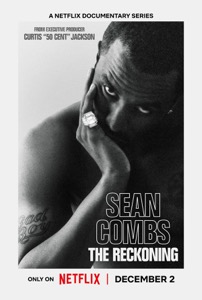
50 Cent’s new Netflix docuseries about Sean “Diddy” Combs is more than a headline-grabbing exposé; it is a meticulous breakdown of how power, celebrity, and silence can collide in the entertainment industry.
Across its episodes, the series traces Diddy’s rise, the allegations that followed him for years, and the shocking footage and testimonies now forcing a wider cultural reckoning.
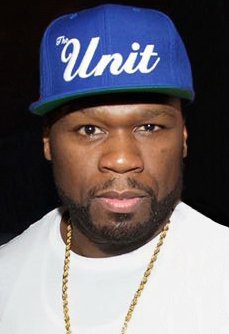
The docuseries follows Combs from hitmaker and business icon to a figure facing serious criminal conviction and public disgrace, mapping out decades of influence, branding, and behind-the-scenes behavior. Watching that arc shows how money, fame, and industry relationships can shield someone from scrutiny and delay accountability, even as disturbing accusations accumulate.
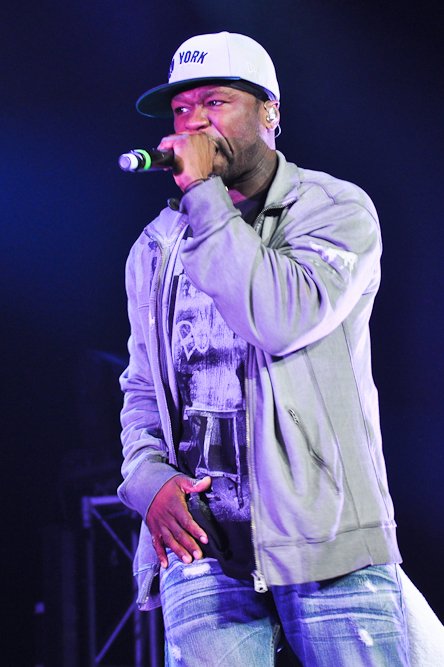
Exclusive footage of Diddy in private settings and in the tense days around his legal troubles reveals how carefully celebrity narratives are shaped, even in crisis.
Viewers can learn to question polished statements and recognize that what looks spontaneous in public is often the result of strategy, damage control, and legal calculation.
Interviews with alleged victims, former staff, and industry insiders describe patterns of control, fear, and emotional or physical harm that were long whispered about but rarely aired in this detail. Their stories underline how difficult it is to speak out against a powerful figure, teaching viewers why many survivors delay disclosure and why consistent patterns across multiple accounts matter.
As executive producer, 50 Cent uses his reputation and platform to push a project that leans into uncomfortable truths rather than protecting industry relationships. The series demonstrates how documentary storytelling can challenge established power structures, elevate marginalized voices, and pressure institutions to respond when traditional systems have failed.
Reactions to the doc—ranging from people calling it necessary and brave to others dismissing it as a vendetta or smear campaign—expose how emotionally invested audiences can be in defending or condemning a famous figure. Watching that debate unfold helps viewers see how fandom, nostalgia, and bias influence who is believed, and why conversations about “cancel culture” often mask deeper questions about justice and who is considered too powerful to fall.
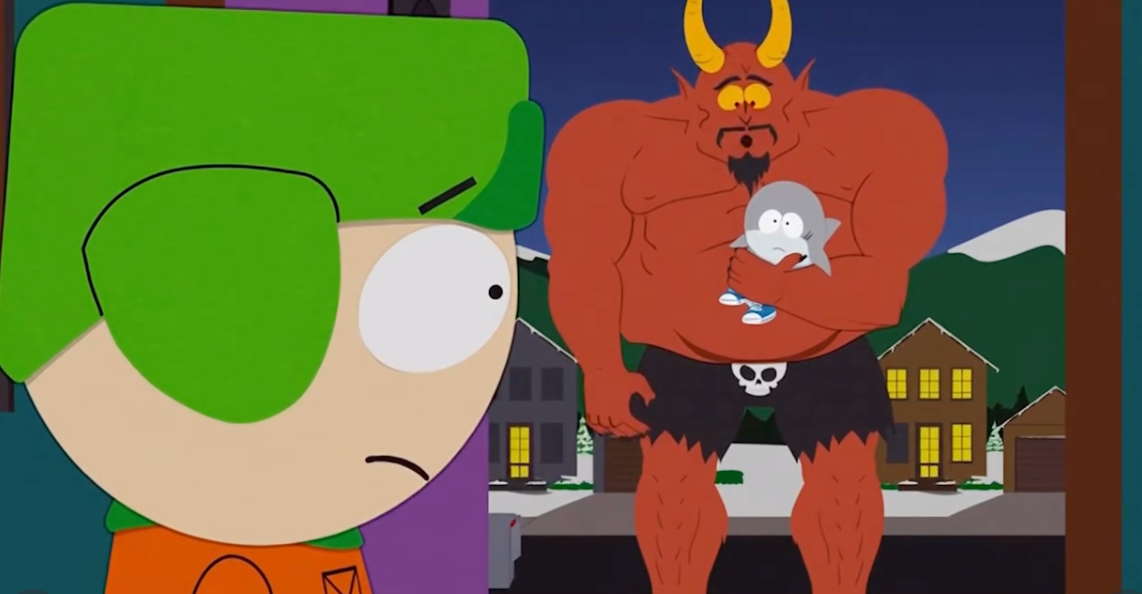
A new Christmas-themed episode of South Park is scheduled to air with a central plot in which Satan is depicted as preparing for the birth of an Antichrist figure. The premise extends a season-long narrative arc that has involved Satan, Donald Trump, and apocalyptic rhetoric, positioning this holiday episode as a culmination of those storylines rather than a stand‑alone concept.
According to published synopses and entertainment coverage, the episode frames the Antichrist as part of a fictional storyline that blends religious symbolism with commentary on politics, media, and cultural fear. This follows earlier Season 28 episodes that introduced ideas about Trump fathering an Antichrist child and tech billionaire Peter Thiel obsessing over prophecy and end‑times narratives. The Christmas setting is presented as a contrast to the darker themes, reflecting the series’ pattern of pairing holiday imagery with controversial subject matter.
Coverage notes that some figures connected to Donald Trump’s political orbit have criticized the season’s portrayal of Trump and his allies, describing the show as relying on shock tactics rather than substantive critique. Commentators highlight that these objections are directed more at the depiction of real political figures and the show’s tone than at the specific theology of the Antichrist storyline.
At the time of reporting, there have not been widely reported, detailed statements from major religious leaders focused solely on this Christmas episode, though religion-focused criticism of South Park in general has a long history.
Entertainment outlets such as The Hollywood Reporter, Entertainment Weekly, Forbes, Slate, and USA Today describe the Antichrist arc as part of South Park’s ongoing use of Trump-era and tech-world politics as material for satire.
South Park is rated TV‑MA and is intended for adult audiences due to strong language, explicit themes, and frequent use of religious and political satire. Viewers who are sensitive to depictions of Satan, the Antichrist, or parodies involving real political figures may find this episode particularly objectionable, while others may view it as consistent with the show’s long‑running approach to controversial topics. As with previous episodes, individual responses are likely to vary widely, and the episode is best understood as part of an ongoing satirical series rather than a factual or theological statement.
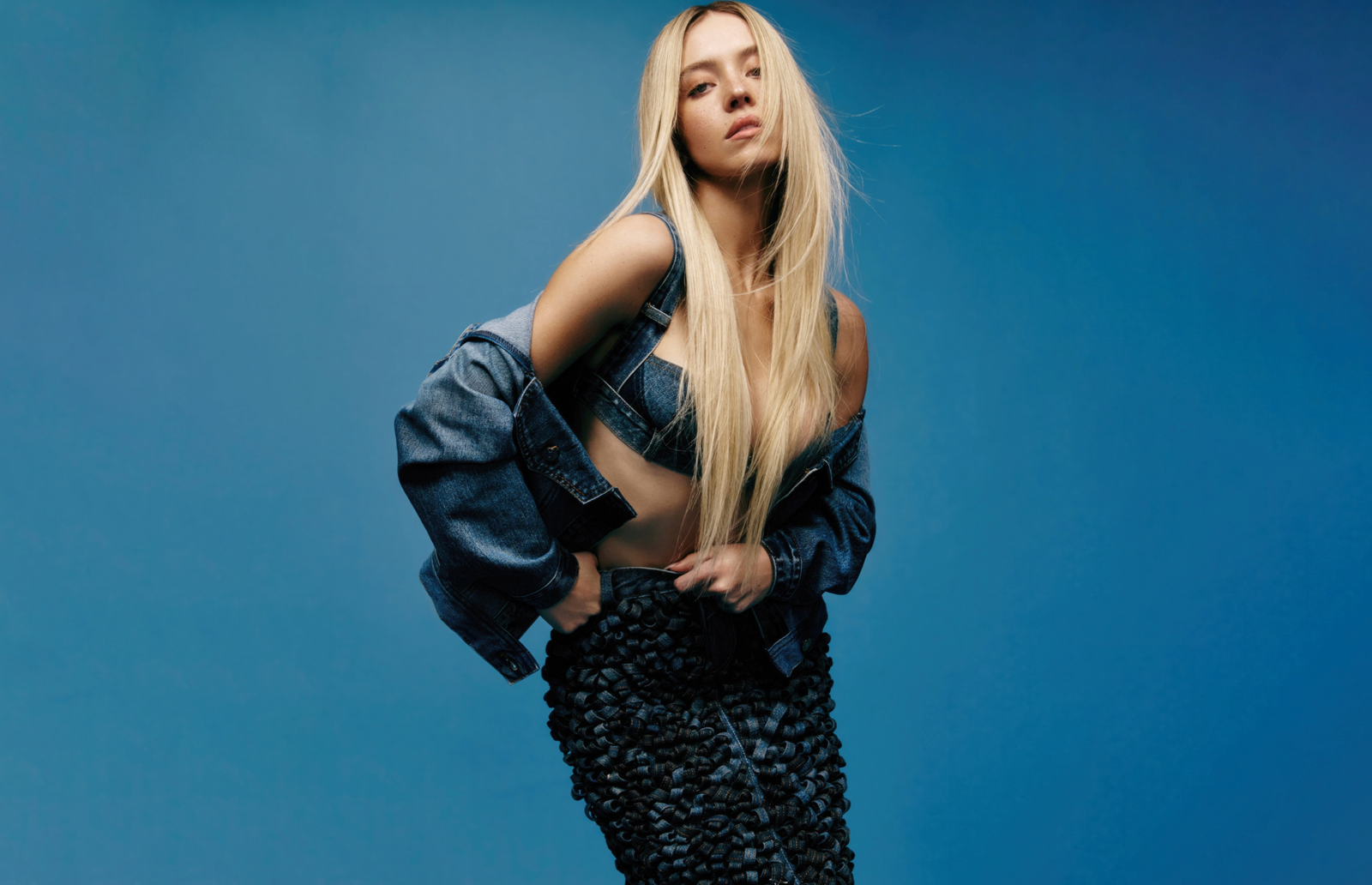
Sydney Sweeney has decided she is finished watching strangers on the internet treat her face like a forensic project. After years of side‑by‑side screenshots, “then vs now” TikToks, and long comment threads wondering what work she has supposedly had done, the actor is now addressing the plastic surgery rumors directly—and using them to say something larger about how women are looked at in Hollywood and online.
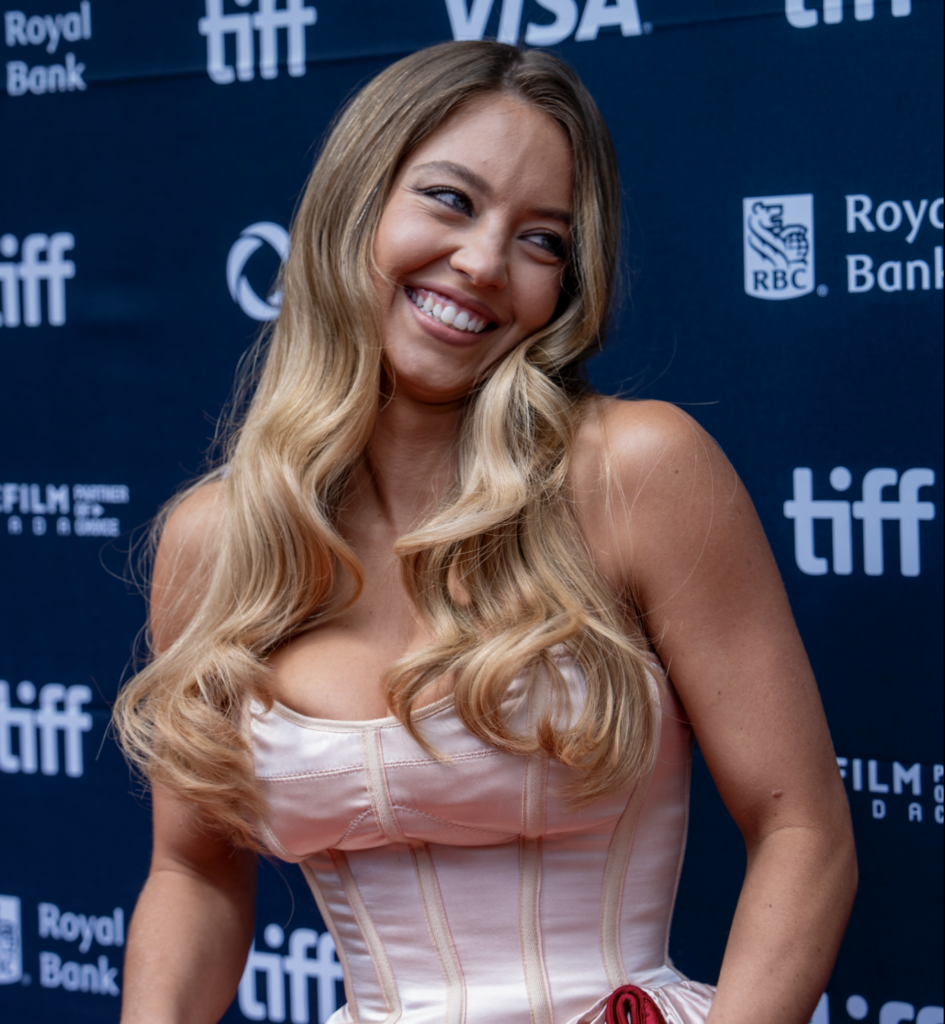
Sweeney points out that people are often mistaking normal changes for procedures: she grew up on camera, her roles now come with big‑budget glam teams, and her body has shifted as she has trained, aged, and worked nonstop. Yet every new red‑carpet photo gets folded into a narrative that assumes surgeons, not time, are responsible. Rather than walking through a checklist of what is “real,” she emphasizes how bizarre it is that internet detectives comb through pores, noses, and jawlines as if they are owed an explanation for every contour of a woman’s face.
By speaking up, Sweeney is redirecting the conversation away from her features and toward the culture that obsesses over them.
She argues that the real issue isn’t whether an actress has had work done, but why audiences feel so entitled to dissect her body as public property in the first place.
For her, the constant speculation is less about curiosity and more about control—another way to tell women what they should look like and punish them when they do not fit. In calling out that dynamic, Sweeney isn’t just defending herself; she is forcing fans and followers to ask why tearing apart someone else’s appearance has become such a popular form of entertainment.


Colombia’s ‘Doll’ Arrest: Police Say a 23-Year-Old Orchestrated Hits, Including Her Ex’s Murder


How The Grinch Became The Richest Christmas Movie Ever


Miley Cyrus Is Engaged to Maxx Morando


Luana Lopes Lara: How a 29‑Year‑Old Became the Youngest Self‑Made Woman Billionaire


Disney Brings Beloved Characters to ChatGPT After $1 Billion OpenAI Deal
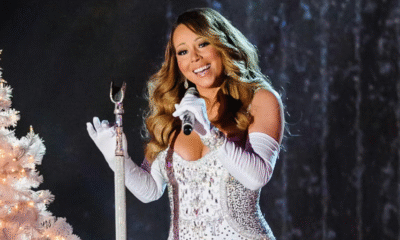

Mariah Carey’s One Holiday Hit Pays her $3.3 Million a Year


Netflix Got Outbid: Paramount Drops a $108 Billion Cash Bomb on Warner Bros.


Anne Hathaway Just Turned Her Instagram Bio Into a 2026 Release Calendar